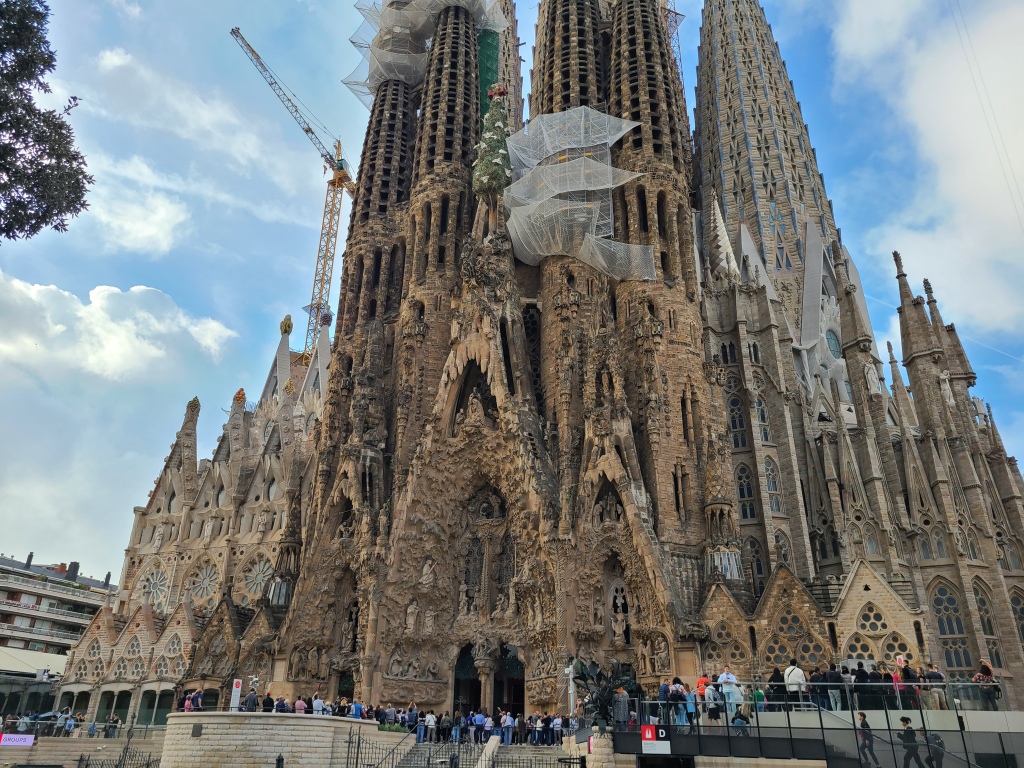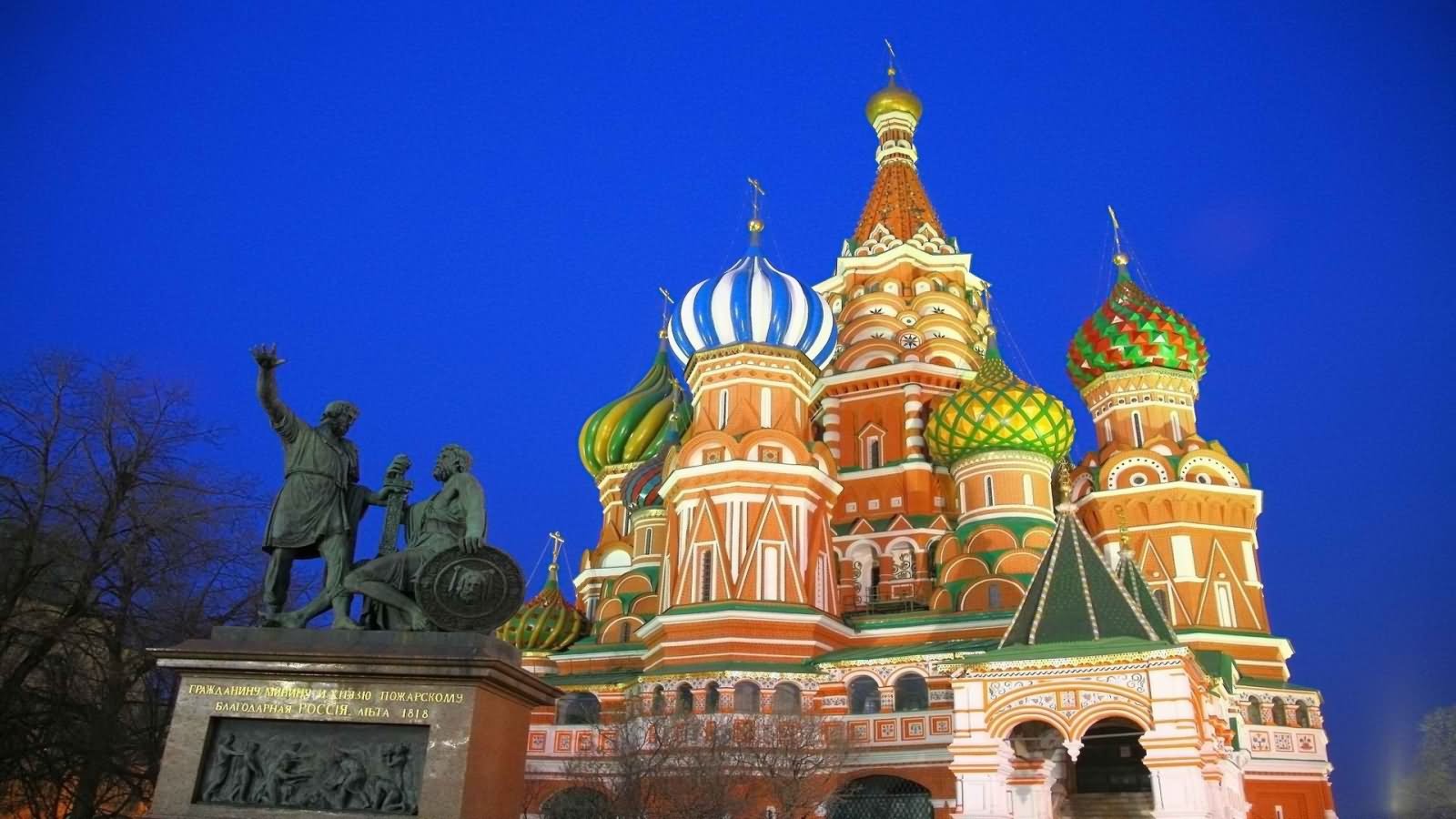(The Kremlin, Moscow)
At a time when Russia, Putin, conspiracy, and collusion dominate the news cycle it is wonderful to escape into a work of fiction that is absorbing, appealing to human emotion on many levels, and sadly, a comment on the reality of Russia today. As useful and engrossing as Keith Gessen’s new book A TERRIBLE COUNTRY is, it creates the anxiety and frustration that one associates with Putin’s Russia. Gessen is a Russian translator of poetry and short stories, but also of Nobel Prize winner Svertlana Alexievich’s VOICES FROM CHERNOBYL. Gessen like his sister Masha Gessen the author of A MAN WITHOUT A FACE: THE UNLIKELY RISE OF VLADIMIR PUTIN was born in Russia and raised in the United States, has an affinity for the Russian people who he believes are suffering from the Putin bargain, “you give up your freedoms, I make you rich. Not everyone was rich, but enough people were making do that the system held. And who was I to tell them they were wrong? If they liked Putin, they could have him.”
Gessen, like his main character Andrei Kaplan seems to be in a permanent state of semi-exile, somewhat naive, and in search of something-an academic position, a sense of who he really was perhaps. He writes in a somewhat John Updike style as he describes Andrei as a person who cannot seem to achieve the academic success that his peers have attained. He has a PhD in Russian literature, but cannot earn a faculty position at the university level. As a result he earns a living by teaches online courses, communicating through his blog. Since the money is not sufficient to live in New York, and his girlfriend Sarah has just broken up with him he accepts his brother Dima’s request to return to Moscow to take care of their aging grandmother. At the same time, Dima left Russia under strange circumstances for London, the reason of which becomes clearer later in the novel.
(Vladimir Putin)
Upon his arrival in Moscow, Andrei learns that certain promises his brother had made were not true, but he resolves to try and learn as much from his grandmother, Baba Seva Efraimove Gekhtman about the Stalinist era as a basis for a journal article. The scent of Stalinist Russia is put forth through his grandmother who suffers from dementia, much more so than Dima had let on, but despite this affliction the reader is exposed to aspects of Stalinist Russia and how it evolves into Putin’s Russia. The same housing crisis that existed during Stalin’s regime remains. We witness the uneven distribution of wealth and the Putin kleptocracy. The FSB, much like the KGB in Soviet times seems everywhere among many examples. It is interesting how Gessen uses the location of Baba Seva’s apartment, the center of Moscow, close to the Kremlin, Parliament, and FSB headquarters to explain the daily plight of Russians.
The novel takes place in 2008 as Andrei arrives at the time Russian troops are supposedly withdrawing from Georgia. The 2008 financial crash is introduced and one can see how the Russians believe that the effect on Russia’s economy is the fault of the United States. Andrei is miserable in this setting and his life seems meaningless. He has no wife or children, he feels helpless in caring for his grandmother, he suffers from a lack of sleep and exercise, constantly searching to play in hockey games, and is forced to deal with the inane comments from students on his online blog.
(Soviet style apartment complex, Moscow)
For Andrei Moscow seems quite boorish as he is rejected by women, fears FSB types, and a bureaucracy that results in long lines for himself and his ailing grandmother. The transition from Stalinst tactics to that of Putin are clearly portrayed as his uncle has lost his life’s work as a geophysicist to Russ Oil, a conglomerate run by Putin’s cronies. Russ Oil will also reappear as an enemy of Andrei’s brother Dima as they create a monopoly for gas station expansion on a new highway. Putin’s mastery of the media emerges clearly. “The world may see him as a cold bloodied killer, a ruthless dictator, a grave digger of Russian democracy. But from the Russian perspective, well, he was our cold blooded killer, our ruthless dictator, our gravedigger.”
The book begins rather pedantically, and as the story develops the style grows from one of simplicity with little to challenge the reader mentally to a substantive view of Putin’s Russia, and the personal crisis that Andrei is experiencing. This is accomplished as the author introduces a number of new characters; hockey goalies, oilmen, academics, and oppositionist writers. However, the most important character remains Baba Seva who embodies the complex nature of Russian politics and society. She lost her country home to capitalism, but received her apartment thanks to her work on a Stalinist propaganda film of course due to the removal of another family from their home. Bab Seva had been a historian at Moscow State University, but as a Jew it appears she lost her position because of Stalin’s Doctor’s Plot in 1953. Perhaps the best line in the novel is when Andrei refers to living in an apartment so close to the KGB/FSB, it “was like living down the street from Auschwitz.”
The question that Gessen asks through a female who rejects Andrei’s advances, is his main character really cut out to live in Russia? The remark haunts Andrei as he tries to fit in somewhere in Russian society. It seems he does so finally when he catches on to a losing hockey teams and plays games six nights a week. More importantly he will make friends on the team. Those friendships and the return of his brother Dima shift the focus of the story.
Andrei will finally acquire a subject to write a paper and publish, one of his motivating goals upon returning to Moscow. The subject is in the form of Sergei an intellectual who has a theory concerning the development of capitalism in Russia and its links to Putin’s kleptocracy. Andrei hopes an article might lead to an academic position. He develops a strong friendship with Sergei, in addition to beginning a relationship with Yulia, another member of “October,” a small opposition group to Putin that Andrei has become part of.
Russia is a complicated topic. But Gessen combines sharp analysis with Updike type writing style. This approach belies a deep knowledge of Russian history and literature. The book is an important contribution as it allows its reader insights and a glimpse into a country that is very impactful for America and the world. Election hacking has been occurring in the United States and Europe for at least a decade, as have killings of people who oppose Putin outside Russia, murderous actions in Syria, and the list goes on and on. What is clear is that the United States must play close attention to Putin’s Russia, because their machinations are not going to end (particularly with the current administration in power) and we as a society must come to grips with that fact and pressure our government to take action to mitigate what has and will continue to occur. Gessen’s contribution to this task is a wonderful novel that describes Russia as a country that constantly wore down its people as they went along with their daily pursuits.
(The Kremlin, Moscow)




:max_bytes(150000):strip_icc()/116249935-56a3a0693df78cf7727e4359.jpg)